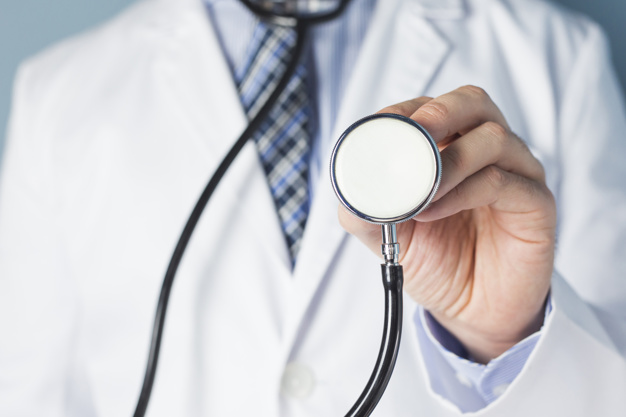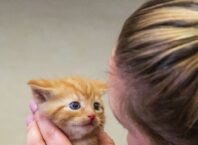Hundreds of locals took part in NHS England’s ‘Bus-ting Cancer Tour’ this week as the bus rolled into (region) to drive awareness of the signs and symptoms of cancer and encourage people to contact their GP practice if they notice something in their body that doesn’t feel right.
The tour, delivered in partnership with Stagecoach, is visiting towns and cities across the country with some of the lowest early diagnosis rates, and today Thursday 30th November visited Basildon for the first time.
The event saw an NHS branded bus stationed in St. Martins Square, Basildon, SS14 1DX with teams of local NHS staff and cancer survivors helping make passers-by aware of common cancer signs and symptoms. Health professionals were also on hand to share further information and discuss potential symptoms with the public.
The tour is part of NHS England’s Help Us, Help You campaign, which aims to address the key barriers to people seeking help for cancer, increase awareness of body changes that could be a sign of cancer and to help drive earlier diagnosis, tackle health inequalities, and save lives.
The campaign comes as new survey data shows 37% of people in South East said they wouldn’t make an appointment with their GP if they noticed a change in their body that they thought could be cancer.
Just under three-quarters (75%) of respondents in South East are confident that they would notice a change in their body that could indicate a serious health condition. Yet, a quarter (23%) said that, if they noticed a change that could be cancer, they would wait to see if it gets better on its own or ignore it and hope it goes away.
However, early diagnosis increases chances of successful treatment. In fact, 65 out of 78 passengers on the Bus-ting Cancer bus would survive cancer if caught at an earlier stage.[1]
Natalie from Basildon who was diagnosed with Breast Cancer wants to urge people in Basildon to be body aware and contact their GP practice if they’re concerned about any symptoms.
Natalie Robinson said: “As someone living with cancer, I’m passionate about raising awareness of the signs and symptoms of breast cancer and supporting the ‘NHS Bus-ting Cancer Tour’ is the perfect opportunity to do this. Visiting key communities to directly share such a vital message is a brilliant initiative and I want to help encourage as many people as possible to contact their GP practice if they notice any unusual changes in their body – it could save their life!”
Essex physiotherapist Natalie discovered a lump in her breast in April this year whilst checking herself and immediately went to see her GP who referred her for urgent checks on the two-week cancer pathway. Following a series of scans, tests and biopsies, Natalie was diagnosed with stage 1 breast cancer. She discussed the results with her consultant surgeon and care team and opted for a mastectomy with immediate reconstruction. She was treated as a day case, going home the same day to recover but with regular follow-ups. Despite the initial shock and current chemotherapy treatment, Natalie is delighted with the success of her surgery and is extremely grateful to the NHS as she can now continue enjoying life with her family, including her three-year-old daughter.
Dr Hilary Jones, who is supporting the NHS Bus-ting Cancer Tour, said:
“Diagnosing cancer as early as possible means it is more likely to be treated successfully. This is why the NHS Bus-ting Cancer Tour has hit the road to spread this important message and urge people to be body aware and not ignore potential signs of cancer. If something in your body doesn’t feel right, contact your GP practice. Until you find out, you can’t rule it out and the NHS is here for you whatever the result.”
Dr Elizabeth Towers, GP and Clinical Cancer Lead for Mid and South Essex NHS Foundation Trust, and a Macmillan GP said:
“I was so glad to support the NHS Bus-ting Cancer Tour in Basildon and help encourage people to take that extremely important step and contact their GP practice to get checked if they notice any potential signs or symptoms of cancer.
“It’s probably nothing serious, but finding cancer early makes it more treatable and can save lives. We don’t want people to carry the worry of cancer with them, so I really urge people to reach out to their GP practice and help them help you.”




